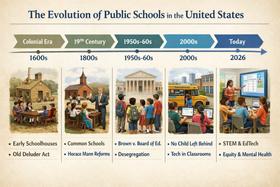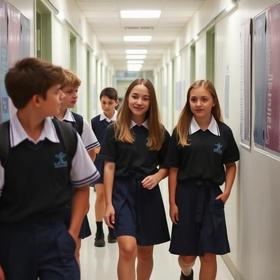Quick Facts (2026)
- School Type: Alternative school
- Grades: 9-12
- Source: National Center for Education Statistics (NCES), MN Dept. of Education
School Overview
School Type
Grades Offered
Grades 9-12
(No virtual instruction)
(No virtual instruction)
Total Students (07-08)
15 students
Total Classroom Teachers (07-08)
1 teacher
School Rankings
Student-Teacher Ratio
n/a
13:1
American Indian
(07-08)7%
3%
Asian
(07-08)n/a
6%
Hispanic
(07-08)7%
6%
Black
(07-08)n/a
9%
White
(07-08)86%
76%
Hawaiian
(07-08)n/a
n/a
Two or more races
(07-08)n/a
n/a
Eligible for Free Lunch (07-08)
47%
24%
Eligible for Reduced Lunch (07-08)
13%
8%
School Statewide Testing
School District Name
Source: National Center for Education Statistics (NCES), MN Dept. of Education
Frequently Asked Questions
How many students attend St. Peter Alc?
15 students attend St. Peter Alc.
What is the racial composition of the student body?
86% of St. Peter Alc students are White, 7% of students are American Indian, and 7% of students are Hispanic.
What grades does St. Peter Alc offer ?
St. Peter Alc offers enrollment in grades 9-12 (No virtual instruction).
What school district is St. Peter Alc part of?
St. Peter Alc is part of St. Peter Public School District.
School Reviews
Review St. Peter Alc. Reviews should be a few sentences in length. Please include any comments on:
- Quality of academic programs, teachers, and facilities
- Availability of music, art, sports and other extracurricular activities
Recent Articles

Do We Still Need Libraries in Public Schools in 2026
An updated look at the role of public school libraries in 2026, their impact on literacy, equity, and digital learning, and why they remain essential today.

The History of Public Schools in the United States
Explore the history of public schools in the U.S., from colonial roots to 2026 reforms shaping equity, funding, and classroom innovation.

Special-Program Registration Deadlines Explained
Learn what to know about special-program registration deadlines for magnet, CTE, and dual-enrollment options in public schools.





